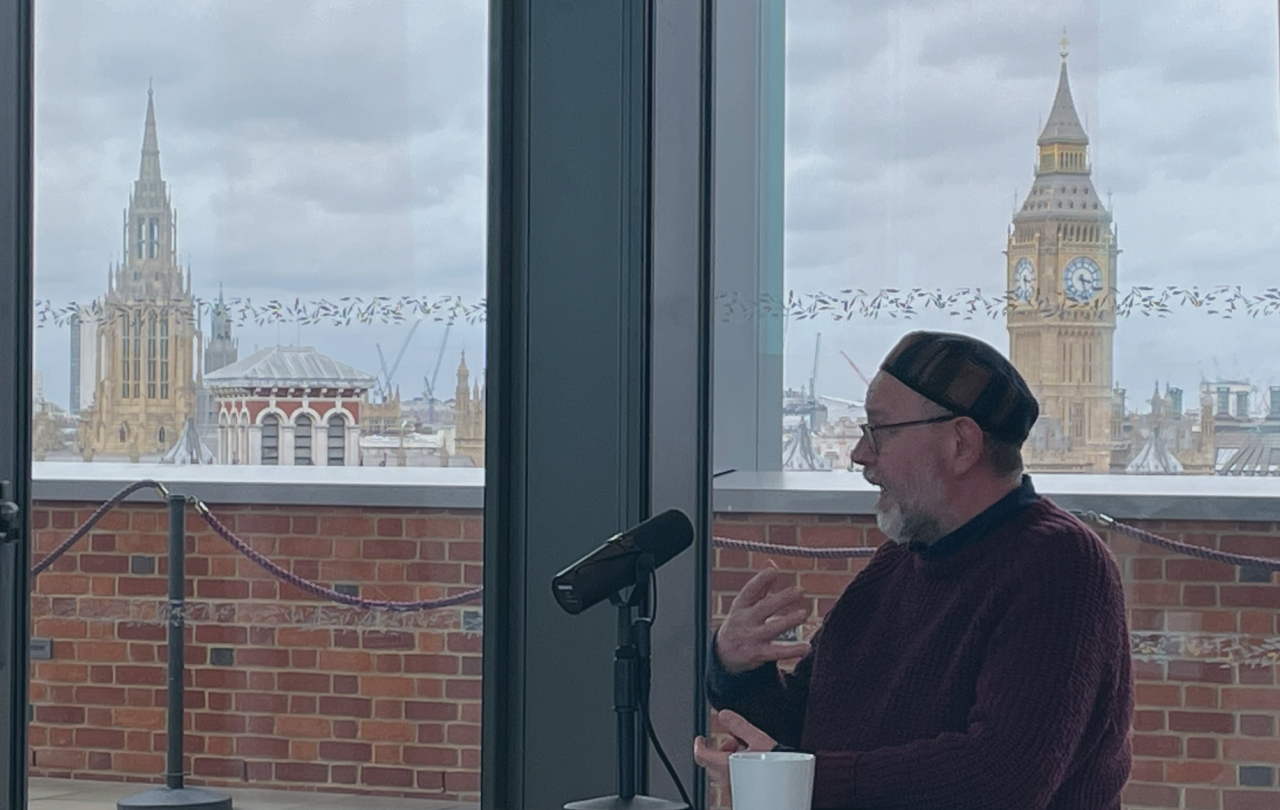I recently had a somewhat surreal experience whilst trying to get two consultants to agree to some treatment I needed to have.
One was a cardiologist, the other a psychiatrist - both consultants, working in the same geographical area - and I found, to my surprise, that there was no recourse for my physical health records to be viewed by the psychiatrist and vice versa.
And as I went through the process of trying to mediate between these two professionals, it made me reflect that whilst in theory there is agreement that our minds and our bodies are one and that they cannot be treated wholly separately, the reality is something rather different.
Mental and physical health problems are, in fact, treated as entirely separate entities, with different trusts and funding models in place to deliver care and treatment for mental illness and physical illness.
Now, there is probably a bureaucratic reason for this, but I believe it uncovers a perhaps unconscious belief that our minds and bodies are distant relatives at best, and not only that, but our mental health is still the poorer relation - best ignored unless it’s particularly bothersome.
I think this separation sits at the heart of the stigma that mental health problems still face - a stigma that persists even in the mental health system. It has ancient roots. Go back to ancient Greece and its philosophers. They held to a doctrine where the body and soul were completely separate - our bodies are simply houses for our souls. In a way, the stigma that exists about mental health is the inverse of this- that our minds are less important than our physical bodies and that caring for mental health always comes second to caring for physical health.
Yet, also in those ancient times, the Bible's treatment of humanity shows that we are creations of mind, body, and soul—all equal, beloved, and cared for by God. In Mark’s gospel, we read that the command to love God and one another is multi-faceted: “Love the Lord your God with all your heart and with all your soul and with all your mind and with all your strength.’ The second is this: ‘Love your neighbour as yourself.’ There is no commandment greater than these.” To love one another, then, means we need to care for one another’s mental health as well as physical health and strength, as we love with our minds and bodies.
In truth, we cannot care well for ourselves or one another without considering both our mental and physical health. To ignore the mental strain of physical illnesses like cancer, and ignore the physical pains that mental illnesses cause, such as their effects on digestion and blood pressure, is to ignore significant parts of people's suffering.
In the Old Testament of the Bible there is the story of Elijah, one of the great prophets who flees from a murderous ruler and, whilst spiritually and physically exhausted, begs God for death. “I have had enough, LORD,” he said. “Take my life; I am no better than my ancestors.”
These are words of desperation that echo those who struggle with their mental health, and God’s reply to Elijah’s pain is to meet him with an encounter with an angel who urges him to sleep and eat, comforting him with the words “the journey is too much for you”. There is no reprimand for Elijah’s suffering, simply comfort for a tortured mind and provision for an exhausted body.
The answer, then, is to treat ourselves and others as the embodied creations we are, with mind and body inseparable and interconnected in ways that even science cannot quite explain or articulate.
The answer is to trust in the embodied hope of Christ, who chose to save us through not only his bodily crucifixion and resurrection, but through experiencing the breadth and depth of human emotions so that we may never again feel alone in them.
Both our bodies and our minds matter to God, and we need to see that reflected in society, where we care not just for single ailments, but the whole person. We need not just an awareness of our minds, but an understanding of what it means to be mentally healthy, as well as a recognition of the horrors of mental illness. Only then, I believe, can we see a society which cares and serves those most in need not simply as isolated symptoms, but as valuable creations.






